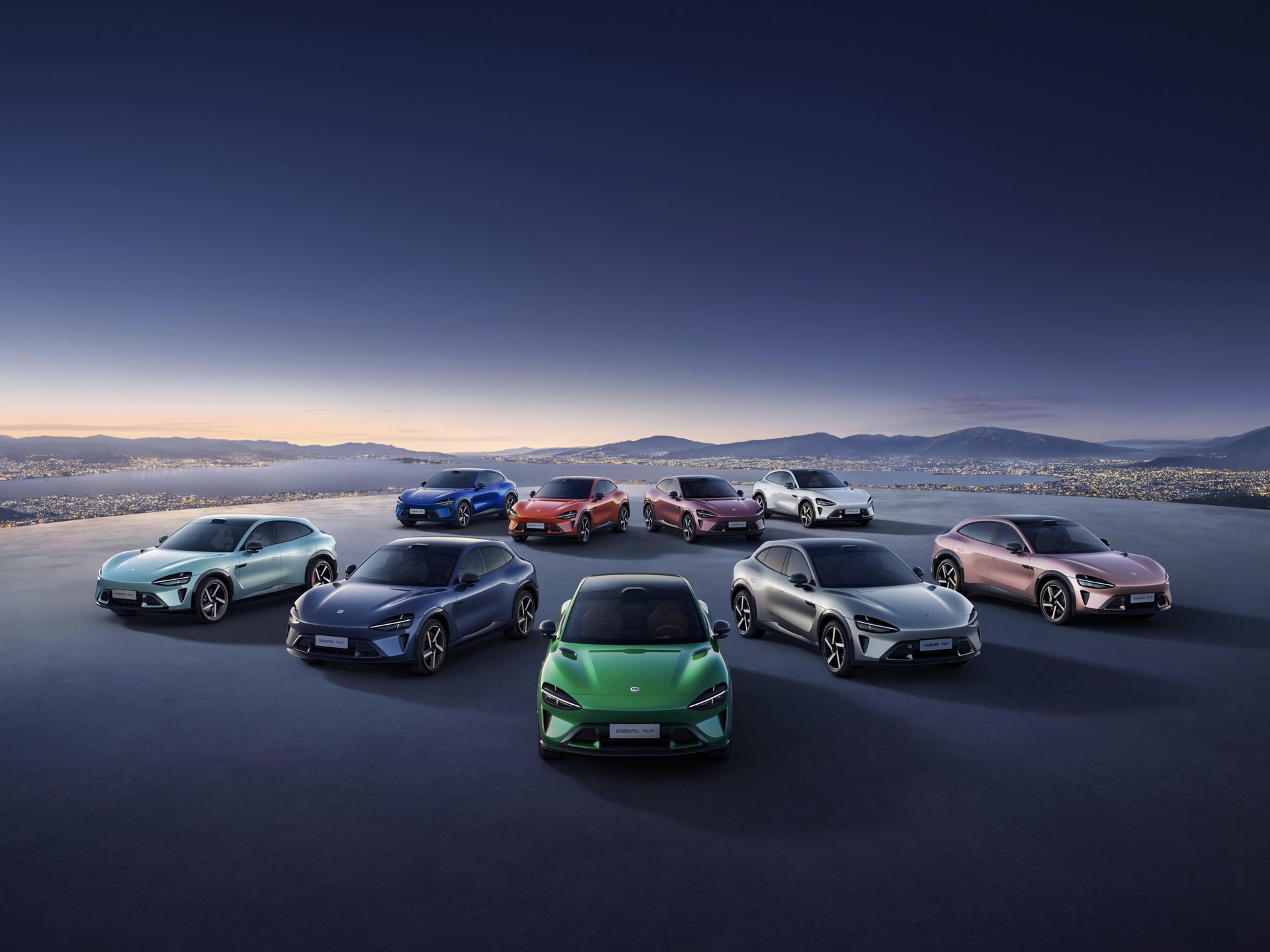Xiaomi’s $35,000 electric SUV ramps up the price war with Tesla
Starting $1,400 below Tesla’s Model Y, the YU7 brings Apple CarPlay, Dolby Atmos, and AI-powered driving to the mass market

Xiaomi
For years, people have rolled their eyes at the phrase “Tesla killer.” The EV space has seen countless would-be challengers to Elon Musk’s electric empire, and most have fallen well short of the mark. But Xiaomi’s new electric SUV, the YU7, might finally be the real thing.
Suggested Reading
Xiaomi, best known globally for its smartphones, has officially launched its second electric vehicle: the YU7, a mid- to large-size SUV designed to compete directly with Tesla’s Model Y in China.
Related Content
Starting at 253,500 yuan ($35,322), the YU7 undercuts Tesla’s Model Y rear-wheel-drive version by roughly 10,000 yuan ($1,400). Beyond price, Xiaomi is emphasizing range and features as key differentiators. The base YU7 offers a claimed range of 835 kilometers (519 miles) under China’s CLTC testing cycle — substantially higher than Tesla’s Model Y Long Range variant, which is listed at 719 km under the same standard.
The company reported receiving over 200,000 preorders within three minutes of opening reservations, though it has not disclosed how many of those represent confirmed deposits or nonbinding expressions of interest. In comparison, it took Tesla three months to reach the same milestone.
A more aggressive strategy
The YU7 is available in three variants: Standard (RWD), Pro (AWD), and Max (AWD). All versions utilize an 800V electrical platform that supports fast charging — Xiaomi says up to 620 km (385 miles) of range can be added in 15 minutes under optimal conditions.
In terms of performance, the top-tier YU7 Max is positioned as a high-output SUV capable of 0 to 100 km/h (62 mph) acceleration in just over three seconds, according to company specifications. It also includes a range of premium features such as a panoramic head-up display, a 25-speaker audio system, Apple CarPlay integration, and optional massaging seats.
Tesla, by contrast, has opted for a more pared-down feature set in recent years, focusing on production efficiencies and software over hardware enhancements. While Tesla retains an advantage in electric drivetrain efficiency, Xiaomi’s decision to use larger battery packs appears aimed at addressing customer demand for longer single-charge range.
Comparison to Model Y underscores Xiaomi’s intent
With the YU7, Xiaomi is taking aim at Tesla’s most strategically important vehicle: the Model Y. As Tesla’s global best-seller, the Model Y plays a central role in its revenue and market share, particularly in China — the world’s largest EV market and one of Tesla’s most competitive battlegrounds.
The YU7 matches or surpasses the Model Y on a number of consumer-facing metrics, most notably driving range and starting price. Xiaomi’s Standard rear-wheel-drive variant offers a CLTC-rated range of 835 km (519 miles), compared to the Model Y Long Range AWD’s 719 km (447 miles) and the rear-wheel-drive version’s 593 km (368 miles). While Tesla’s vehicles remain more energy efficient in terms of distance per kWh, Xiaomi is prioritizing total range by using larger battery packs—up to approximately 101.7 kWh in the Max version, based on disclosures.
In terms of vehicle size, the YU7 is larger overall, with a longer wheelbase (3,000 mm vs. 2,890 mm) and wider body, which translates to a more spacious interior. That extra space allows Xiaomi to offer features aimed at comfort and utility, such as reclining rear seats, fold-flat sleeping arrangements, and an expansive cargo capacity. Tesla’s cabin, while functional and minimal, offers fewer amenities by comparison, particularly in the rear passenger area.
The YU7 also distinguishes itself on interior tech and design customization, areas where Xiaomi has leaned into its consumer electronics heritage. The vehicle integrates its in-house HyperOS system across a panoramic HUD display and voice-controlled AI assistant. Apple CarPlay and Apple Watch connectivity are also supported natively — unlike Tesla, which still does not officially offer CarPlay compatibility. The cabin includes gesture control, customizable ambient lighting, and a 25-speaker Dolby Atmos sound system—none of which are available in the Model Y.
Autonomous driving capabilities mark a more nuanced comparison. Tesla’s proprietary Full Self-Driving system is further along in terms of development and miles logged, especially outside China. However, Xiaomi’s YU7 is powered by Nvidia’s new Thor chip (700 TOPS) and uses data from 10 million training clips to inform its assisted driving algorithms. While Xiaomi’s system is not marketed as full autonomy, its high-spec hardware suggests it is investing in long-term competitive parity in the advanced driver assistance systems space.
Overall, the YU7 appears designed not just to meet the Model Y on spec, but to exceed it on range, design, and feature set, while undercutting it on price.
Market implications
The YU7 arrives at a time of intense price competition in China’s EV sector. Automakers including BYD, Nio, and Li Auto have all lowered prices in recent months in response to lagging demand and increased inventories. Tesla, too, has engaged in multiple rounds of price cuts in China over the past two years, and recently warned of margin compression.
Xiaomi’s entry adds even more pressure, particularly given its existing consumer base and experience in consumer electronics manufacturing.
